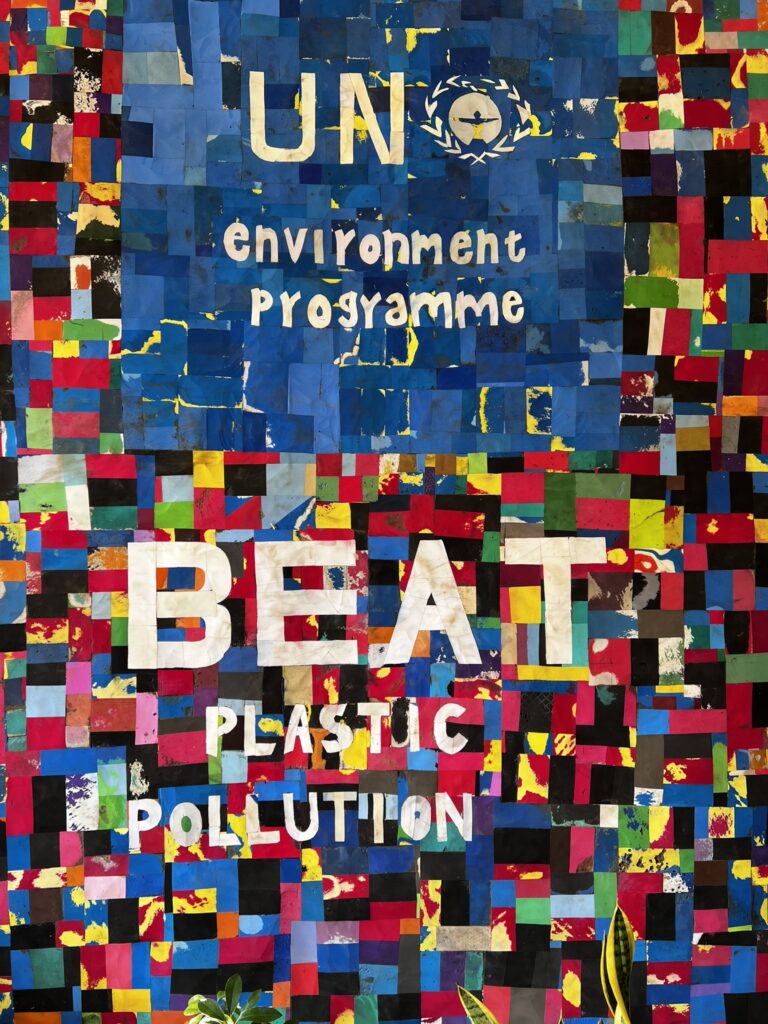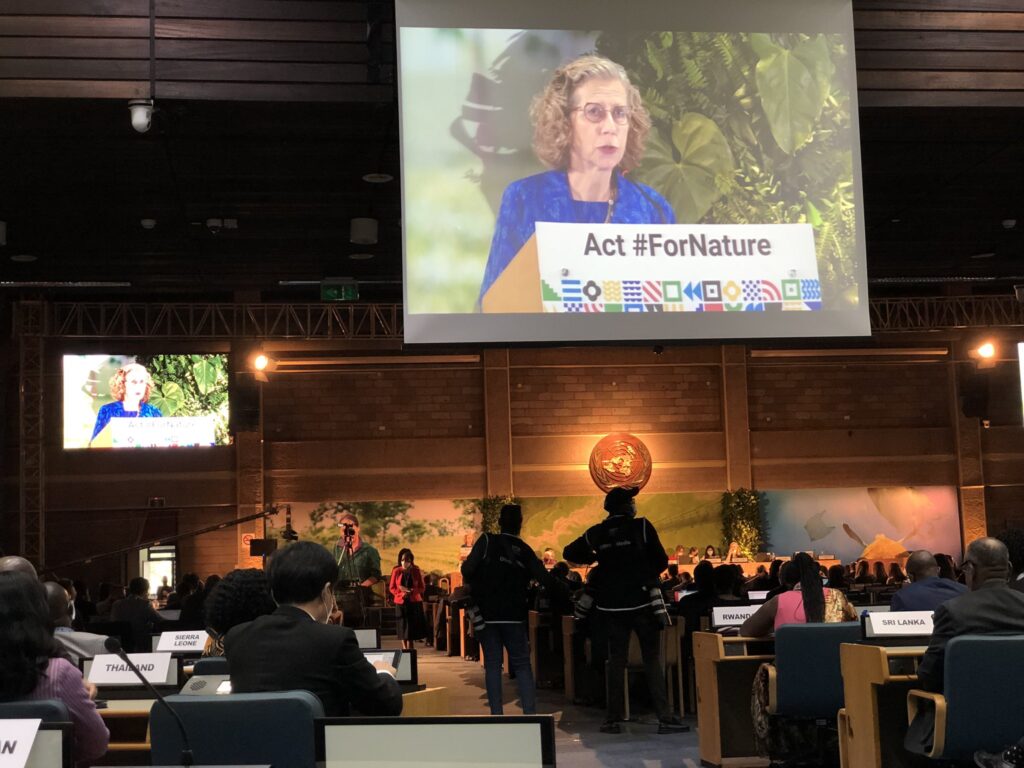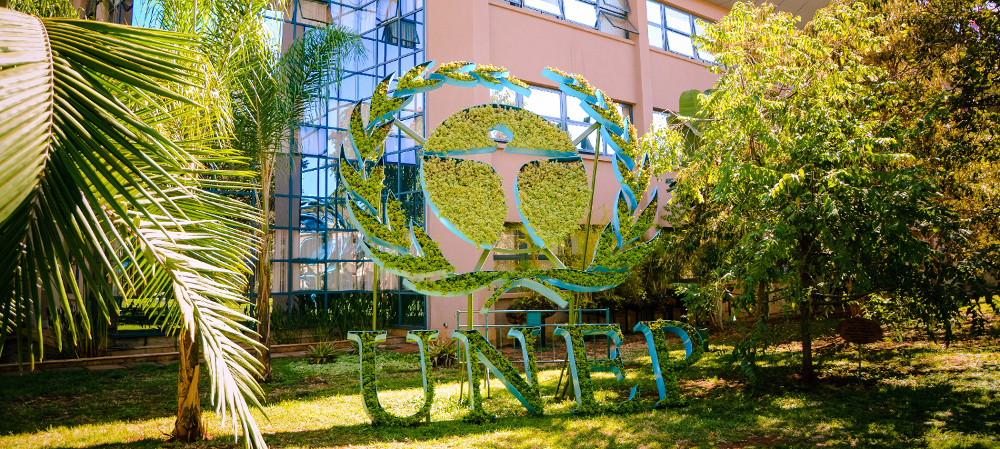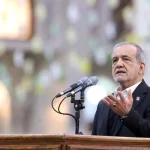
Ministers of environment and other representatives from over 150 nations convened today in Nairobi to launch the three-day hybrid (in-person and online) resumed fifth session of the United Nations Environment Assembly UNEA – 5.2). Amid concern over intensifying hostilities in Ukraine and a call by the UN Secretary -General for an immediate ceasefire, the Assembly kicked off with high hopes to advance a global agreement on plastic pollution, among a series of draft resolutions on biodiversity and health, green economy, and circularity.
“Our Assembly gathers at a moment of severe geopolitical turmoil. More than ever, we must demonstrate that multilateral diplomacy can deliver,” said the President of UNEA-5 and Norway’s Minister for Climate and the Environment, Espen Barth Eide. “Plastic pollution has grown into an epidemic of its own. Paradoxically, plastics are among the most long-lasting products we humans have made – and frequently, we still just throw it away. Plastic is a product that can used again, and then over and over again, if we move it into a circular economy. I am convinced that the time has come for a legally binding treaty to end plastic pollution.”
Inger Andersen, Executive Director of the UN Environment Programme (UNEP), said: “Over the last week, we have seen tremendous progress on negotiations towards an internationally legally binding instrument to end plastic pollution. I have complete faith that once endorsed by the Assembly, we will have something truly historic on our hands”.

“Ambitious action to beat plastic pollution should track the lifespan of plastic products – from source to sea – should be legally binding, accompanied by support to developing countries, backed by financing mechanisms, tracked by strong monitoring mechanisms, and incentivizing all stakeholders – including the private sector”, Ms. Andersen added.
The resolution on plastic pollution, as well as the other pressing environmental issues, will be formally decided by Member States in the closing plenary meeting of the Assembly on Wednesday, 2 February 2022.
The UN Environment Assembly meets biennially to set priorities for global environmental policies and develop international environmental law; decisions and resolutions then taken by Member States at the Assembly also define the work of UNEP. Due to the pandemic, Member States agreed on a two-step approach to UNEA-5:an online session (22-23 February 20211) and an in-person meeting which takes place between 28 February and 2 March 2022.
Attended by over 3,400 in-person and 1,500 online participants from 175 UN Member States, 79 ministers and 17 high-level officials, the theme for UNEA-5 is “ Strengthening Actions for Nature to Achieve the Sustainable Developments Goals”. This highlights the pivotal role nature plays in our lives and in social, economic and environmental sustainable development.
The Assembly will be followed by “UNEP@50,” a two day Special Session of the Assembly marking UNEP’s 50th anniversary where Member States are expected to address how to build a resilient and inclusive post-pandemic world.

UNEP @50: A time to reflect on the past and envision the future
The 1972 United Nations Conference on the Human Environment in Stockholm, Sweden, was the first-ever UN conference with the word “environment” in its title. The creation of the UN Environment Programme (UNEP) was one of the most visible outcomes of this conference of many firsts. UNEP was created quite simply to be the environmental conscience of the UN and the world. Activities taking place through 2022 will look at significant progress made as well as what’s ahead in decades to come.






